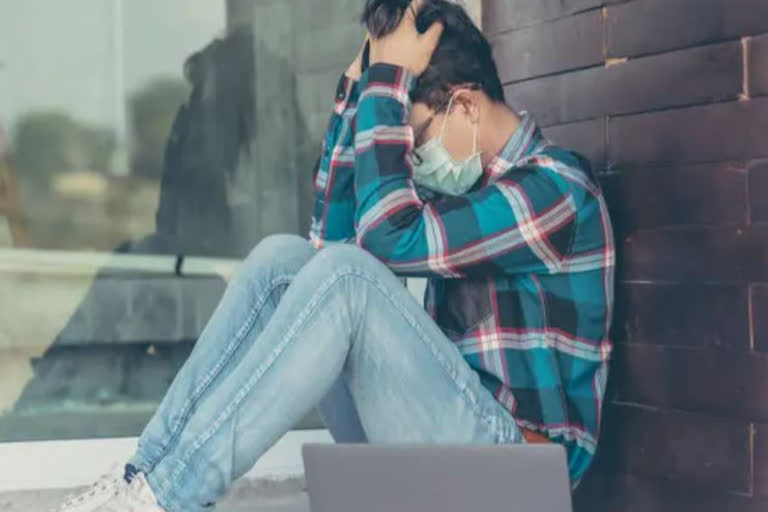New Delhi: Even as the World Health Organization (WHO) on Monday called for deepened commitment to transform mental health for a better life, according to the latest national mental health survey, nearly 14 percent of adults in India suffer from a mental disorder.
Significantly, coinciding with World Mental Health Day on Monday, the Union Health Ministry launched Tele Mental Health Assistance and Networking Across States (Tele-MANAS) initiative. The Central government announced the National Tele-Mental Health Programme (NTMHP) in the Union Budget 2022-23. Tele-MANAS aims to provide free telemental health services all over the country round the clock, particularly catering to people in remote or in underserved areas.
The program includes a network of 23 Tele-mental health centers of excellence, with NIMHANS being the nodal center and the International Institute of Information Technology-Bangalore (IIITB) providing technical support. It is estimated that nearly 56 million individuals in the country suffer from mental health issues or depression. People from all sectors become victims of mental health issues. Whether engaged in the government sector or private sector, people may be affected by issues related to mental health.
Talking about the issue, Alifiya Johar, human resource head of makemyhouse.com said that people were most affected during the Covid19 situation. "As the pandemic hit the grounds and people were bound inside their homes, the situation evokes a series of mental health problems due to lack of work-life balance," said Johar. She said that workplace mental health problems can increase absenteeism and decrease productivity.
"Employees are the lifeblood of a company. Therefore every company must build a people-centric culture that helps in adopting open dialogue and idea sharing," she said.
Talking about mental health issues, WHO regional director for southeast Asia, Dr. Poonam Khetrapal said, "WHO is calling member States in the South East Asia Region to intensify action to achieve access for all to quality mental health care, in line with the recently adopted Paro Deceleration on universal access to people-centered mental health care and services."
Admitting that gaps in mental treatment were large, especially in low and middle-income countries, Dr. Khetrapal said that an estimated 1 out of 7 people lived with a mental health condition, and in counties where data are available, the treatment gap ranged from 70 to 95 percent.
Dr. Khetrapal said that in 2020, cases of major depressive disorder are estimated to have increased by more than 37 percent globally, and cases of anxiety disorders by more than 25 percent, adding to the 2 billion people who were already living with a mental disorder.
"There is no health without mental health. Amid the ongoing Covid19 response and recovery, together we must deepen commitment, reshape environments and strengthen care to transform mental health, for a better life and a future for all," said Dr. Khetrapal.



